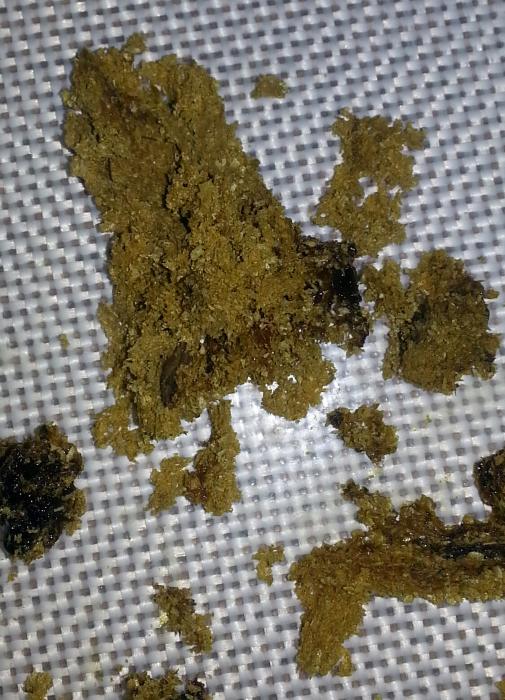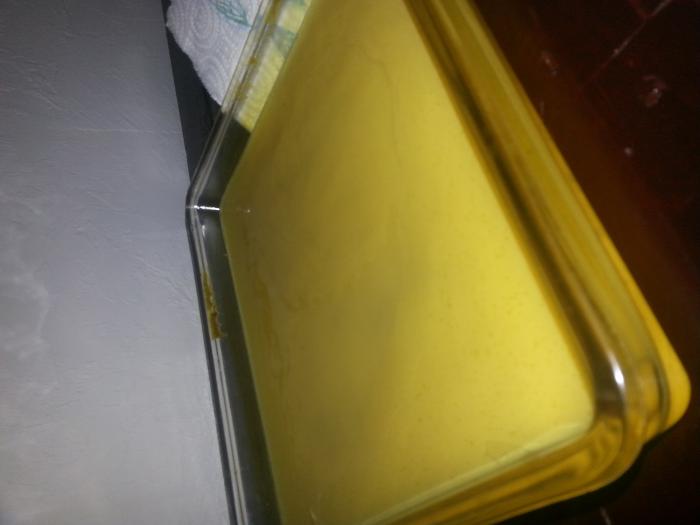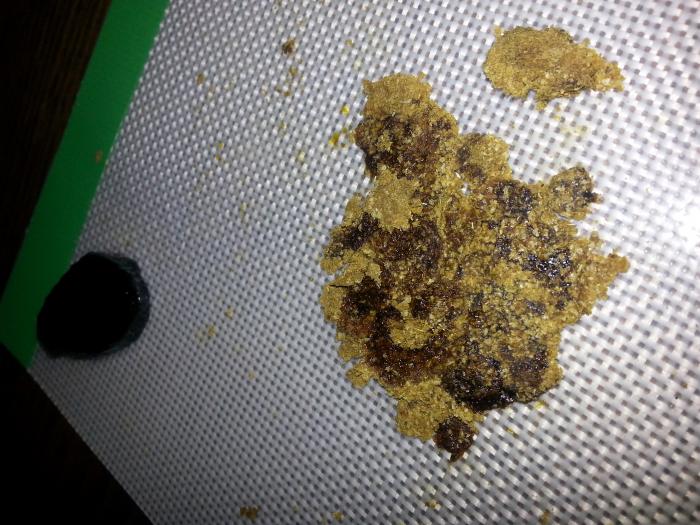OhSoHumuLonely
Well-Known Member
So I have done a search and a lot of the people I've seen posting about hop extracts seem to be trying to extract hop flavors and aromas from their hops to add to their beer.
While I personally wouldn't want to dump a bunch of grain alcohol into my fermented beer, I completely understand that, but the experiment I have been considering all day is this:
Alpha acids do not dissolve well in water. They are slightly soluble, and as they dissolve in boiling water, they convert to iso-alpha-acids. The conversion allows more alpha acids to dissolve in the water, which is why more time is needed to allow more to covert and more to dissolve. When I looked up the solubility of one alpha acid (humulone), however, it appears it is quite soluble in ethanol, and this is actually the main way they extract alpha acids from hops to make purified humulone (after further purification).
It seems alpha acid utilization starts to level out around 25%. I want to beat that. I am an organic chemist, and a 25% yeild is something that would get scoffed at in modern chemistry.
Therefore, here is my experiment:
1) Soak 0.25 oz medium alpha acid hops in a small amount grain alcohol for an extended period of time (like 1 week or something, or more, the longer, the better, I'd guess). Alpha acids are large molecules, so they will not dissipate like flavor and aroma molecules would. If I do several small extractions, like split batch sparging in an MLT, I'd say that'd be even better.
2) Shoots for 2 gallons of wort post-boil. Split into two 1 gallon batches.
3) Add ethanol hop extract to one gallon and bring to a boil. Let boil until it reaches 212, when I would assume all the ethanol to be gone. Boil for 2 hours
4) Bring gallon #2 to a boil and add 0.25 oz of same hops (from same bag) to the boil. Boil for 2 hours.
5) Add no flavor or aroma hops.
6) Ferment side by side, do everything the same, bottle, taste, see if extraction version comes out more bitter.
Theoretically, the ethanol should extract well over 25% of the alpha acids. Once the ethanol is gone from the boil, as long as I've stirred well enough to keep the alpha acids from scorching on the bottom of the pan, they should slowly convert into iso-alpha-acids, and I would expect to have a more bitter beer with the same amount of hops (therefore allowing for more efficient bittering later on, and more economical, if the hops are more expensive than the grain alcohol I end up using... either way, I'm a chemist, it's worth it for the learning to me).
What do ya'll think?
While I personally wouldn't want to dump a bunch of grain alcohol into my fermented beer, I completely understand that, but the experiment I have been considering all day is this:
Alpha acids do not dissolve well in water. They are slightly soluble, and as they dissolve in boiling water, they convert to iso-alpha-acids. The conversion allows more alpha acids to dissolve in the water, which is why more time is needed to allow more to covert and more to dissolve. When I looked up the solubility of one alpha acid (humulone), however, it appears it is quite soluble in ethanol, and this is actually the main way they extract alpha acids from hops to make purified humulone (after further purification).
It seems alpha acid utilization starts to level out around 25%. I want to beat that. I am an organic chemist, and a 25% yeild is something that would get scoffed at in modern chemistry.
Therefore, here is my experiment:
1) Soak 0.25 oz medium alpha acid hops in a small amount grain alcohol for an extended period of time (like 1 week or something, or more, the longer, the better, I'd guess). Alpha acids are large molecules, so they will not dissipate like flavor and aroma molecules would. If I do several small extractions, like split batch sparging in an MLT, I'd say that'd be even better.
2) Shoots for 2 gallons of wort post-boil. Split into two 1 gallon batches.
3) Add ethanol hop extract to one gallon and bring to a boil. Let boil until it reaches 212, when I would assume all the ethanol to be gone. Boil for 2 hours
4) Bring gallon #2 to a boil and add 0.25 oz of same hops (from same bag) to the boil. Boil for 2 hours.
5) Add no flavor or aroma hops.
6) Ferment side by side, do everything the same, bottle, taste, see if extraction version comes out more bitter.
Theoretically, the ethanol should extract well over 25% of the alpha acids. Once the ethanol is gone from the boil, as long as I've stirred well enough to keep the alpha acids from scorching on the bottom of the pan, they should slowly convert into iso-alpha-acids, and I would expect to have a more bitter beer with the same amount of hops (therefore allowing for more efficient bittering later on, and more economical, if the hops are more expensive than the grain alcohol I end up using... either way, I'm a chemist, it's worth it for the learning to me).
What do ya'll think?






